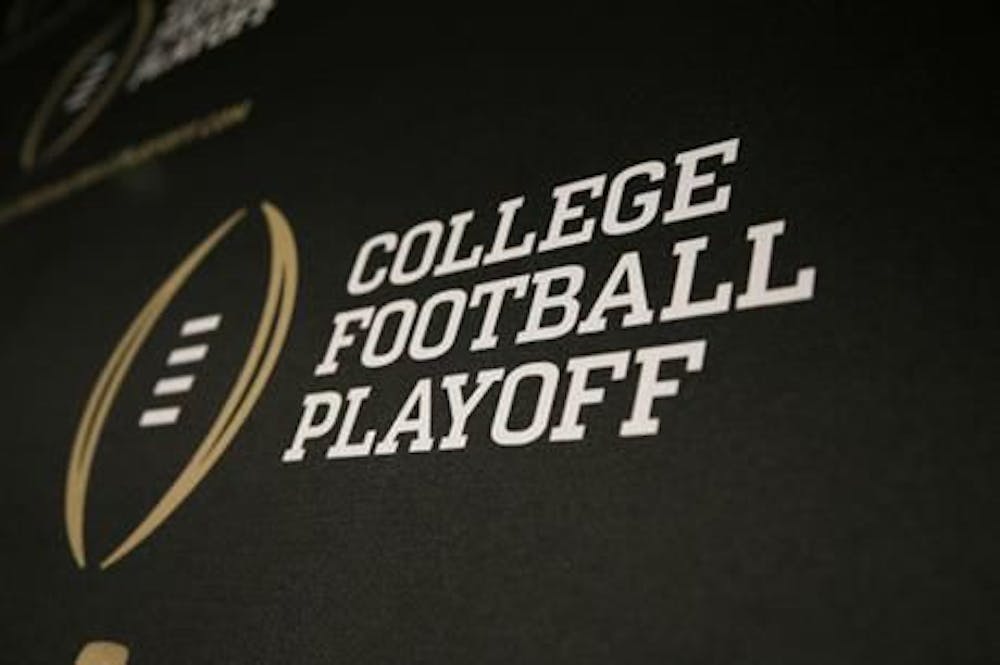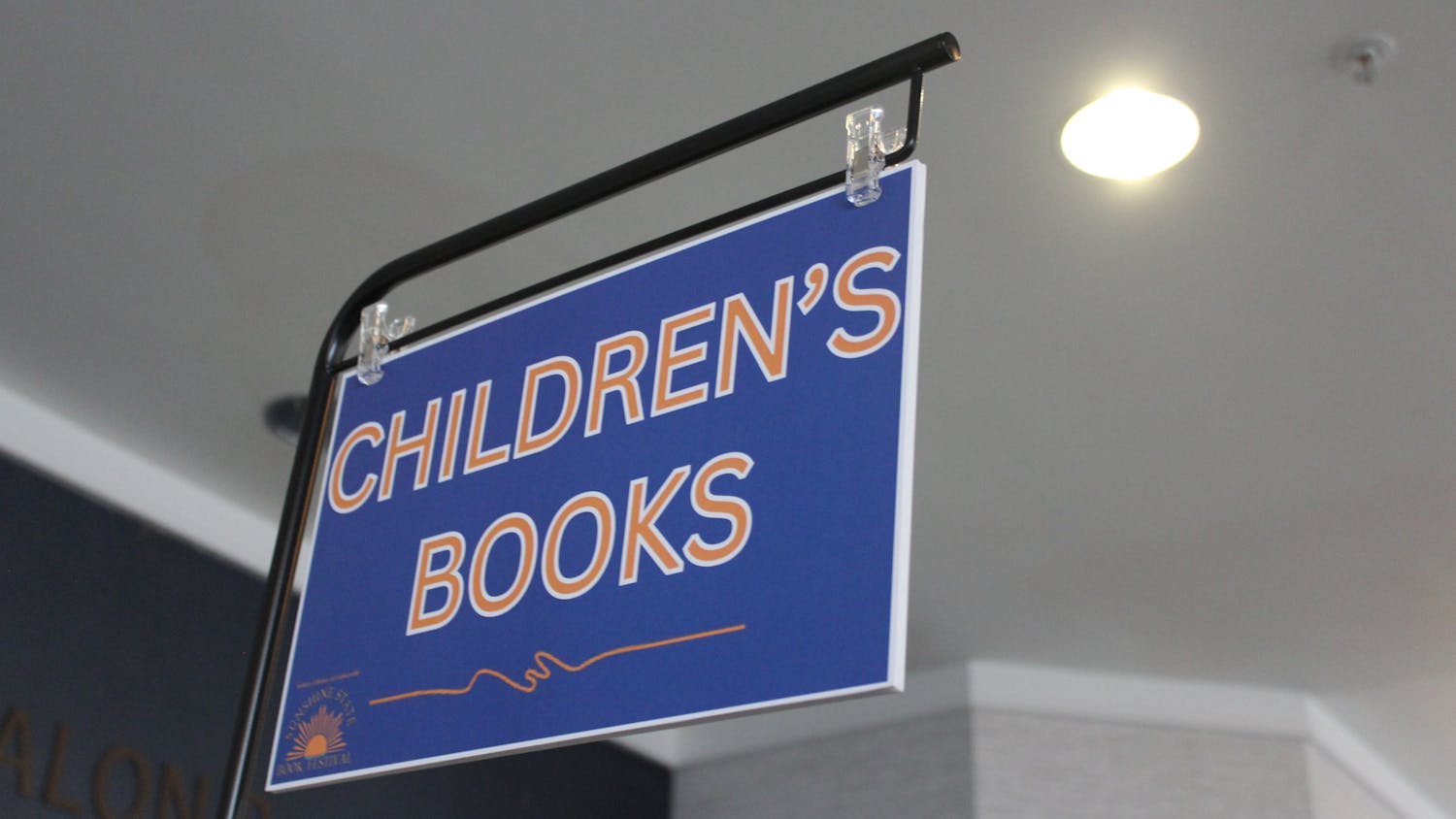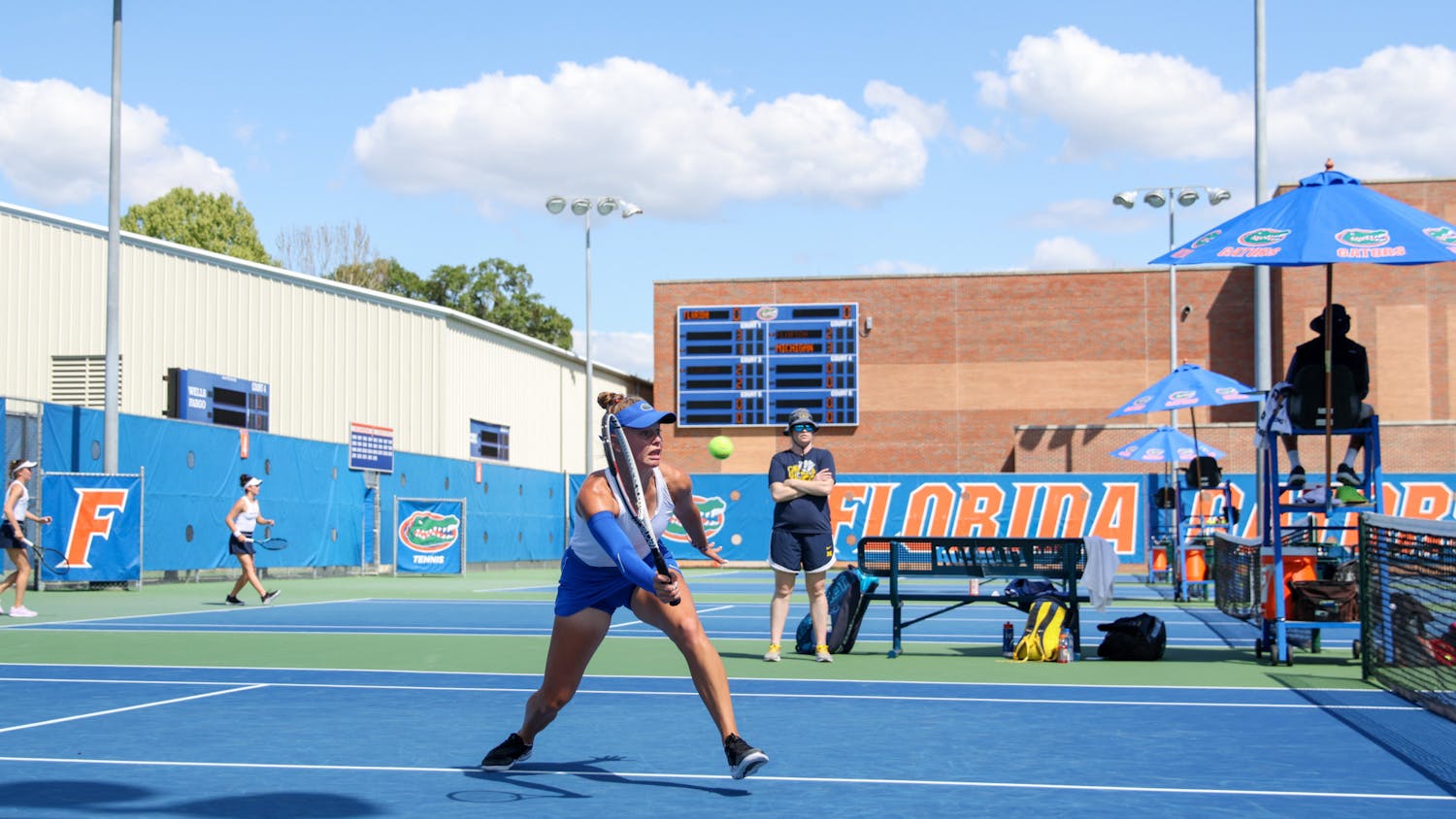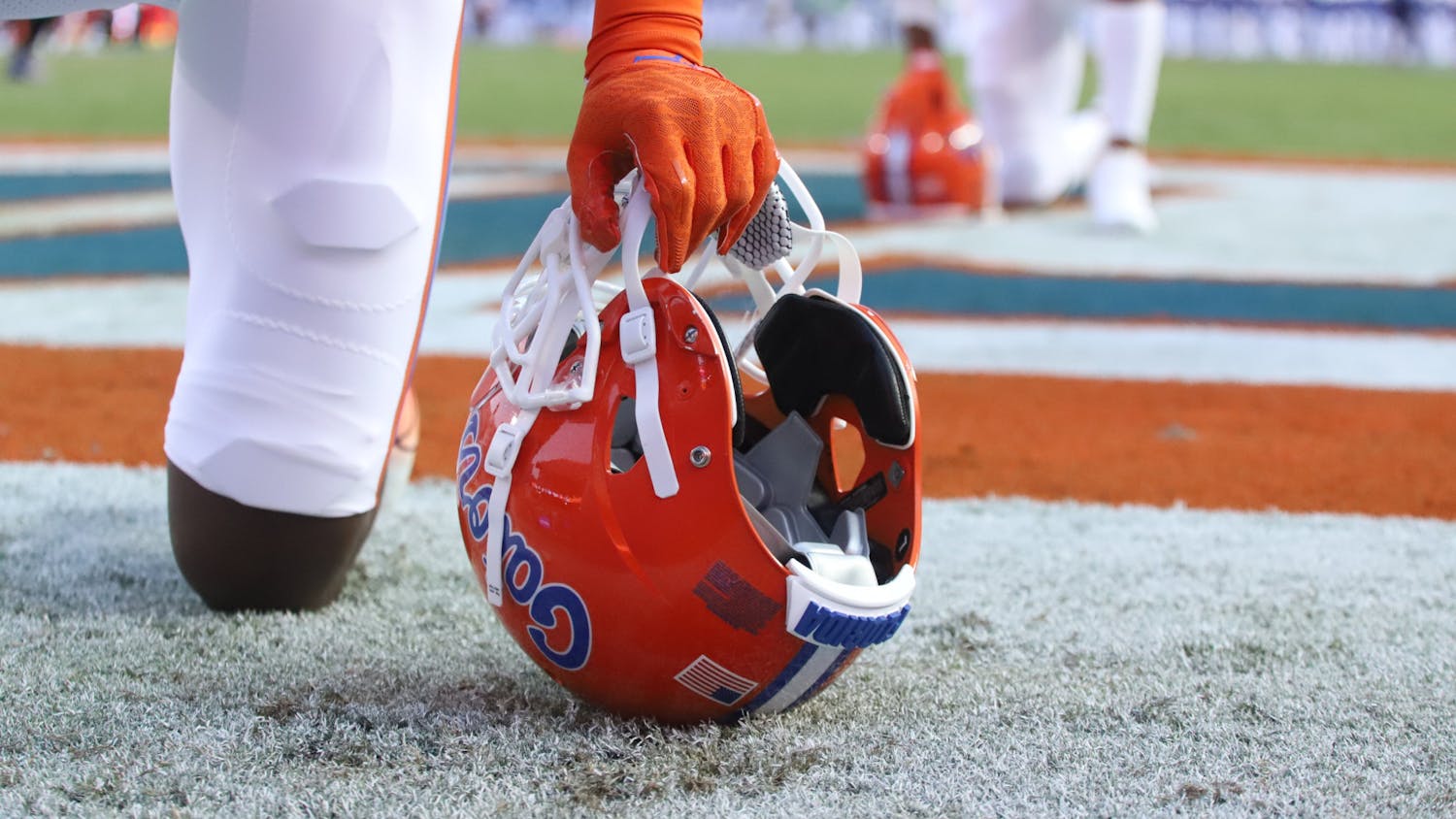DALLAS — The room where athletic directors, coaches, administrators, former players and journalists from across the country meet to discuss the College Football Playoff is as regal as you’d expect.
It sits in an unassuming fourth-floor conference room of the Gaylord Texan hotel — the largest hotel in Texas — where its balcony overlooks an indoor river. Its carpet is elaborately decorated by three dark colors that dance in harmony across the floor. There are 11 televisions spread throughout the room and one large projector in the front, with each committee member assigned a seat that comes with a name plate, a Dell laptop and a binder containing every statistic for every team in the Football Bowl Subdivision. To enter, you pass under a large sign atop dark wooden doors that reads: “Selection Central.”
Pretty nice, right? But what goes on behind those fancy doors is just as elaborate.
I know all this because I spent Tuesday in that very room doing a mock selection of the College Football Playoff. The committee that runs the real selection invited a few college journalists from different schools — among them Florida, Michigan State, Oklahoma and DePaul — to participate in the exercise.
It started at 8:30 a.m. and lasted until 3 p.m., and while the intricate details of the process are best left for a column closer to selection day, I’ll sum it up like this: We were locked in a room and argued for about six hours.
As anyone who knows me could guess, I didn’t do much (read: any) of the arguing. I’m not a big talker. But what transpired in that room was something I considered remarkable nevertheless.
There were tense moments of debate, with a prominent example being a conversation about Wisconsin. We were ranking teams from the 2012 season (before the playoff existed), and due to very unusual circumstances, the Badgers won the Big 10 that year despite finishing 8-5 prior to its bowl game.
One person was adamant Wisconsin be ranked highly because of its conference championship, while just about everyone else said its five losses were too great to overcome.
There was a back-and-forth between the two sides that went on for about 45 minutes, and while it was tense, it was never disrespectful. It was never name-calling or mocking or insulting. It was just looking at the numbers and trying to make a case. Even if there were disagreements, they were dealt with reasonably.
In sports and many other disciplines, such conversations are increasingly rare. They happen, and when the College Football Playoff teams are decided later this season, surely there will be some analysts who weigh multiple factors, try to inform their audience rather than persuade it, and recognize that sometimes there’s more than one reasonable choice to make.
But thanks to what I’ll call First-Takeization of sports talk, that’s not highly valued. “First Take” and “Undisputed” and “Speak for Yourself” aren’t out to enlighten and discuss. They’re about scoring a point over standing on the correct side. Winning over losing. Virality over substance.
In other words, it doesn’t matter what Stephen A. Smith, Skip Bayless and Clay Travis say or write. As long as they say it in a way that pisses people off, it gets attention, makes money and reproduces. And that style rubs off on fans.
This, of course, isn’t unique to sports. Whether it’s Thanksgiving dinner with grandma or an opinions section in a major newspaper, “taking a side” is increasingly valued over nuance.
That wasn’t what happened in that room on Tuesday. Multiple people commented after the meeting that teams they’d brought in ranked in the top 10 now didn’t even crack the top 20 after our discussion. And the result was a list of teams that we felt both knowledgeable about and confident in.
Now, I get it. It’s human nature to want to win every argument. I’m guilty of succumbing to that temptation, and you probably are, too. But if I learned anything from this trip to Texas, it’s that my list of 25 teams would have been much worse without our discussion. And that can be applied to much more important conversations than deciding a mock college football ranking.
Ethan Bauer is a sports writer. Look out for his next column on Sept. 28. Follow him on Twitter @ebaueri and contact him via email at ebauer@alligator.org.
This Oct. 16, 2013 photo shows the College Football Playoff logo printed across a backdrop used during a news conference in Irving, Texas. (AP Photo/Tony Gutierrez)






